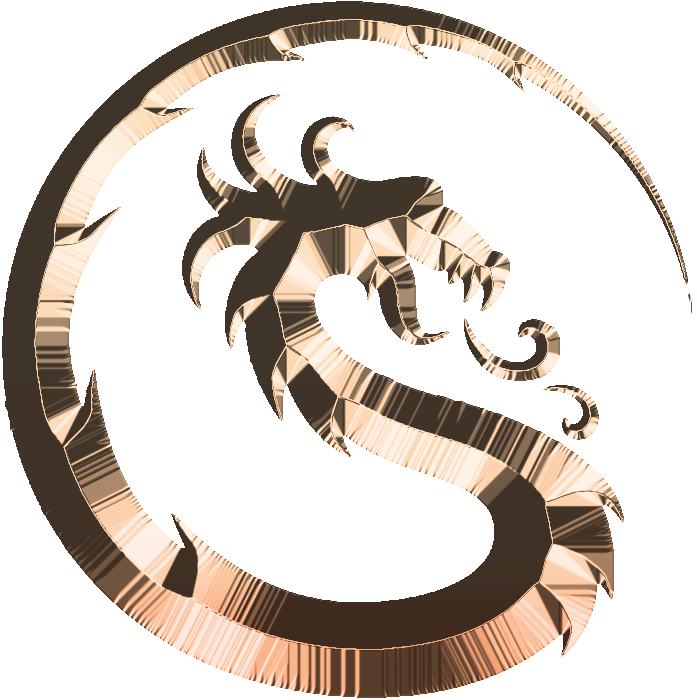Saint Patrick’s Day is one of my all-time favorite holidays, but this year, the parties have been canceled as we do our part to slow the spread of the coronavirus. Times like this are also a reminder that the real story of Saint Patrick is not about drinking and revelry. It’s the story about a man who went from a slave to become a bishop and helped save civilization.

How the Irish Saved Civilization
Before beginning my research for Enoch’s Device, Saint Patrick’s Day was merely a good excuse to drink Guinness. All that changed, however, when I read How the Irish Saved Civilization by Thomas Cahill. I cannot recommend this book more strongly to anyone who is of Irish descent or who’s even remotely interested in the amazing role the Irish played in the survival of Western civilization during the Dark Ages.
Cahill’s book contained the first account I had ever read about Saint Patrick. Here’s the abridged version. By the beginning of the fifth century, with the Goths and Huns threatening Rome, the Roman garrison in Britannia became depleted as troops moved back to defend the continent. This exposed Britannia to attacks by foreign enemies, including the Celtic Irish who ravaged Britannia’s western coast. One of the largest raids occurred around the year 401 when literally thousands of Britons were captured as slaves by Irish raiders. Among those captured was a teenage boy who we know today as Saint Patrick.
Patrick was a Romanized Briton and the son of a noble family. He was not born “Patrick,” and his original name remains in question, yet at least one source has him named Succat. Patrick served his enslavement as a shepherd to an Irish chieftain named Miliucc, who ruled a kingdom in the hills of Antrim. According to legend, Patrick remained captive for six years before escaping after hearing a voice in a dream about a trader’s ship that would return him to Britannia.
After finding the ship and returning home, Patrick eventually made his way to Gaul at a time when hordes of Germans were crossing the Rhine to engage the Roman army. There, Patrick studied religion, became a priest, and later a bishop – the title he held when he returned to Ireland as one of its first and most famous Christian missionaries. It is with this background that I read Stephen R. Lawhead’s Patrick: Son of Ireland.

Patrick: Son of Ireland
I had anticipated this novel would tell the story of how Patrick converted the Irish Celts to Christianity. I was wrong. The book actually tells the tale of Patrick’s early life, before he returned to Ireland. Aside from a brief epilogue, the novel provides no account of Patrick’s later years which earned him his sainthood. Instead, the author focuses on Patrick’s captivity and enslavement. And this is where the novel truly shines.
Patrick’s enslavement introduces him to a druid named Cormac and his sister, Sionan, with whom Patrick falls in love. After surviving several failed attempts at fleeing his captivity, Cormac helps Patrick escape his brutal life. But only if Patrick agrees to serve in a house of druids. This is where the novel becomes both fascinating and controversial.
The bards and druids of Lawhead’s Ireland can use magic, which firmly places this novel on the fine line between historical fiction and historical fantasy. Many of the druids and bards who teach Patrick are also members of the Ceile De, druids who believe in the one true God. Patrick ultimately becomes one of the Ceile De. He never becomes a priest or a bishop, though this is not necessarily foreclosed. The novel ends before the reader learns what becomes of Patrick later in life.
Not surprisingly, this plot point is controversial for those who feel the novel downplays or even eliminates Patrick’s Roman Catholicism. After all, they argue, the Roman Catholic Church would never have canonized a druid. But I view Stephen R. Lawhead as taking artistic license for the sake of his story. And overall, his story works – especially the two-thirds or so of the novel that takes place in Ireland.
Although it was not what I expected, I enjoyed this novel, very much at times. And while the author may have taken artistic license , it works well in the end, telling a story of faith once lost only to be discovered again.
Have a healthy and happy Saint Patrick’s day.

DAN ASUNCION
March 17, 2020 - 2:22 pm ·Hi, Joseph!! It’s been awhile.
The conditions under which this C-Virus emerged, must be FULLY
understood, so that PREVENTION of future pandemics becomes a
real possibility.
p.s.
Joseph: I think you would have made an excellent history teacher,
or professor!
Author Joseph Finley
March 21, 2020 - 12:09 pm ·Dan, I think I would have enjoyed being a history teacher! I totally agree about the pandemic, too.